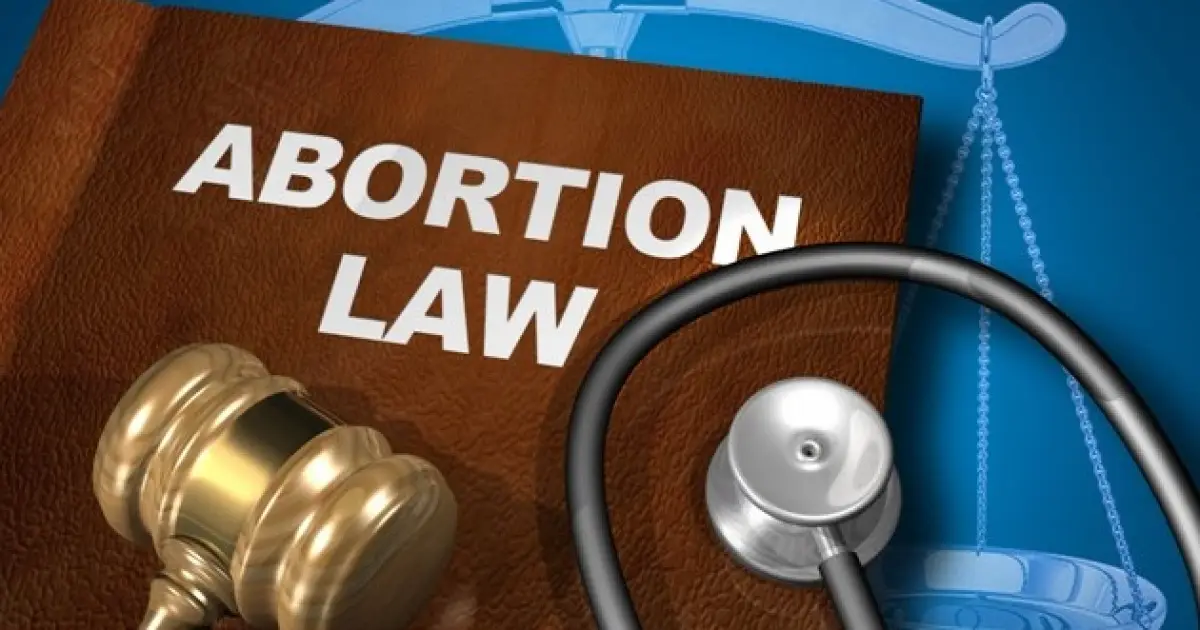Let’s be honest—if you’re trying to understand abortion laws in UAE, it can feel like navigating a maze. The rules are strict, the consequences are serious, and there’s a lot of confusion out there. Whether you’re a local or an expat living in Dubai, Abu Dhabi, or anywhere else in the UAE, knowing your rights can save you from serious trouble. That’s why I’m breaking down the facts for you—clearly, simply, and without the complicated legal talk.
Is Abortion Legal in the UAE?
Quick answer? Sometimes, but only under strict conditions.
In general, abortions in the UAE are illegal unless there’s a real risk to your life or the baby’s life. If you’re pregnant and unsure about your options, knowing exactly what is (and isn’t) allowed could make all the difference.
When Is Abortion Actually Allowed?

Here’s when you’re legally allowed to have an abortion in the UAE:
- Your life is in danger. If doctors confirm that staying pregnant could seriously harm or even kill you, abortion is permitted.
- Severe fetal abnormalities. If your baby has serious birth defects that mean they won’t survive, two medical specialists must confirm this before you can proceed legally.
- You’re less than 120 days pregnant. This is super important. Once you hit the 120-day mark (around 17 weeks), the rules get even stricter—unless your life is directly at risk.
What About Cases Like Sexual Assault in Abortion Laws in UAE?
This is where things get tricky. Unlike some countries, abortion laws in UAE don’t explicitly list sexual assault as a reason for abortion. That said, Our family lawyers in Dubai can argue for your protection under broader legal definitions, but approvals are still very hard to get.
Bottom line: if you’re in this situation, seek both medical and legal help immediately.
Abortion Laws in UAE by Timeline: How Weeks of Pregnancy Affect Your Rights

The 120-Day Rule Explained
Why the 120-Day Rule Matters: Islamic law plays a big role here. After 120 days of pregnancy, the fetus is considered ensouled. That means abortions are practically impossible past this point, unless the mother’s life is truly at risk.
If you’re considering an abortion for medical reasons, act early. Waiting can close the legal window entirely.
Can Any Doctor Perform an Abortion?
Definitely not.
- Only licensed government or approved private hospitals can perform abortions.
- At least two medical specialists must approve the procedure.
- Often, health authorities like the Ministry of Health are involved in more complicated cases.
Private clinics offering shortcuts? Illegal. Buying pills online? Illegal. Don’t risk it.
What Happens If You Break the Law?
Let’s be clear—the penalties are serious:
- If you self-manage or undergo an illegal abortion? You could face up to one year in prison and a heavy fine.
- If a doctor performs it illegally? They’re looking at up to five years in jail, plus losing their medical license.
And yes, even non-Muslims and expats are subject to the same rules. Thinking your embassy can get you out of trouble? Think again. UAE law applies to everyone.
Can Expats Get Legal Abortions?
Yes, but under the same strict conditions.
We’ve worked with many non-Muslim clients who assumed that their home country’s more relaxed laws would apply. Unfortunately, your religion doesn’t matter when it comes to abortion laws in UAE.
That said, hospitals and staff may be more culturally understanding of non-Muslim patients. But legally, the rules are the same.
What If the Hospital Says No For Abortion?
Hospitals can—and do—say no to abortion requests, even when you believe your case qualifies. If this happens:
- Consult our family lawyers in Dubai immediately.
- You may be able to challenge the hospital’s refusal.
- Official documentation from specialists will help strengthen your case.
Delays could push you past the 120-day deadline, so don’t wait.
What If You’ve Already Had an Abortion Abroad?
Maybe you traveled and had an abortion outside the UAE. What now?
If you return and face medical complications, UAE hospitals might report your situation to authorities—especially if doctors suspect something illegal. Every case is different, so get legal advice fast if you’re concerned.
What Should You Do If You’re considering an Abortion?
- Seek medical advice from a licensed hospital immediately.
- Contact our lawyers in Dubai who understand abortion laws in UAE.
- Gather medical reports confirming your situation (especially if your health or the baby’s health is at risk).
- Act quickly before the 120-day limit.
Remember: every day counts.
Final Thoughts: Your Rights and Safety Come First
Abortion in the UAE isn’t easy. But it’s not impossible if you act early and understand the process.
If you’re pregnant and scared, don’t panic. Get medical advice. Talk to a legal expert. And whatever you do, avoid risky, illegal procedures. The consequences are far too serious.
Need confidential advice? Contact our family lawyers in Dubai who can help you safely navigate your options. Your health—and your freedom—depend on it.
FAQs
1- Is abortion legal in UAE for unmarried women?
Yes, if medical conditions allow. Marital status doesn’t affect the law itself.
2- Do non-Muslims have more rights?
No. The law applies equally to everyone.
3- What’s the punishment for illegal abortion?
- Women: Up to one year in prison or a heavy fine.
- Doctors: Up to five years in prison, plus losing their license.
4- Can my husband stop me from having a legal abortion?
In theory, no. But in practice, some hospitals might involve your family depending on the situation.
5- Can I order abortion pills online?
No. It’s illegal and risky.
6- What happens if the fetus is severely deformed?
You can legally terminate, if two specialists approve it and you’re within 120 days.



